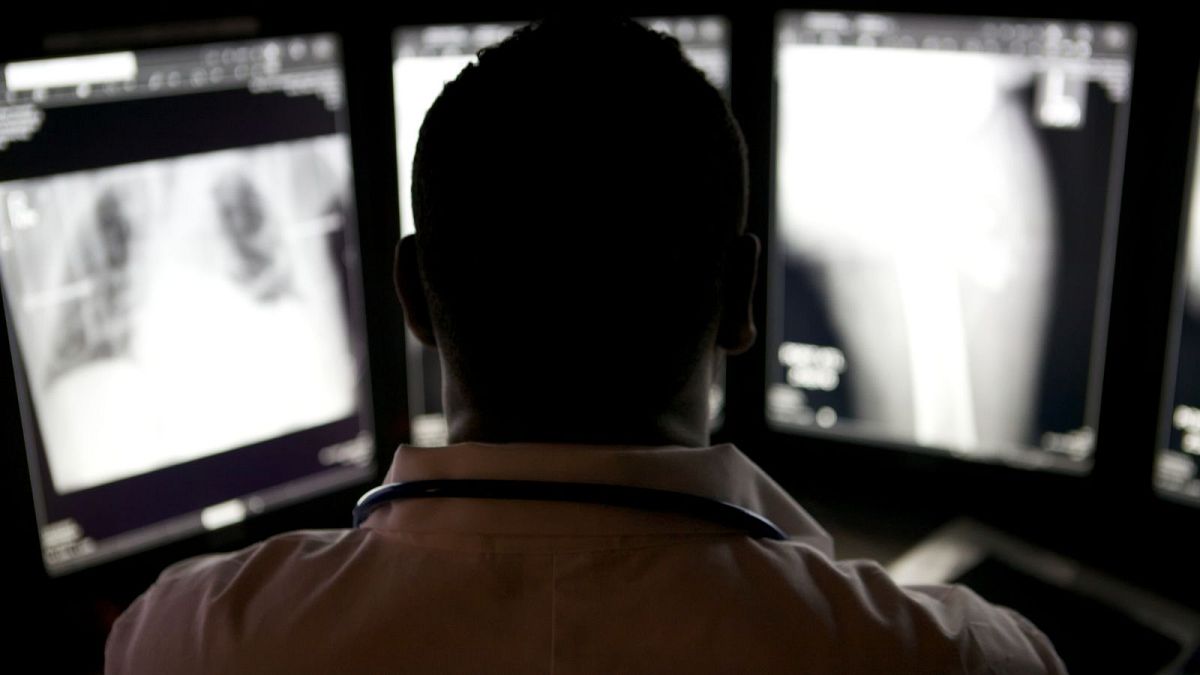Climate change to enter the curricula at European medical schools

The network aims to train 10,000 medical students in the next three years.
The next generation of European doctors will get more training on the health impacts of climate change after a group of 25 medical schools across 12 countries launched a network to train 10,000 students over the next three years.
The network, led by the University of Glasgow in the UK, said that medical schools do not do enough to prepare future doctors to recognise and manage the health problems tied to climate change, such as those linked to extreme heat and air pollution.
As of 2020, just 15 per cent of medical schools worldwide had incorporated climate change and health risks into their curricula.
Climate change is tied to an increase in respiratory diseases, heart and lung conditions, cancer, mental health problems, mosquito-borne illnesses, and other health issues with extreme heat contributing to more than 47,000 deaths in Europe alone last year.
“From the spread of infectious diseases to increasingly deadly heat waves, the health impacts of climate change are becoming ever more dangerous,” Iain McInnes, co-chair of the new network and head of the University of Glasgow’s college of medical, veterinary, and life sciences, said in a statement.
“As educators, it is our responsibility to ensure that the next generation of doctors, health professionals and medical leaders have the skills they need to face these challenges and can provide patients with the best care possible,” he added.
The new group includes universities in Belgium, France, Germany, Ireland, Italy, Poland, Portugal, Slovenia, Sweden, Spain, Switzerland, and the UK – and McInnes said he hopes more will join.
Their goal is to standardise medical school training on climate and health issues and meet the demands of medical students who view climate change as a key health risk to tackle over their careers.
“For our generation, the climate crisis is one of the most urgent, alarming issues we face right now,” Esther Ngoy, a medical student in Glasgow, said in a statement.
Meanwhile, Luka Delak, spokesperson for the European Medical Students’ Association, told Euronews Health that the initiative should be expanded beyond medical schools to include postgraduate and professional training programmes.
Working physicians “who might not have received formal training in this area” could benefit from the focus on climate and health, Delak said.
Launched at the World Health Summit in Berlin, the group has support from the World Health Organization (WHO) and pharmaceutical companies that are part of the Sustainable Markets Initiative Health Systems Task Force, a UK-based initiative to curb carbon emissions from the healthcare sector.
The new consortium will also be the European hub of a global network launched by Columbia University in the United States in 2017. The group estimates it reaches about 175,000 students around the world every year.
Dr Cecilia Sorensen, who heads the Columbia programme, said a Europe-specific initiative is needed because climate change affects different parts of the world in different ways.
“Regional networks are necessary to help health professionals prevent and respond to climate and health challenges, which are unique to the communities where they practise, while taking into account unique cultural and societal issues,” Sorensen said in a statement.
This story has been updated to include comment from Luka Delak.
World News || Latest News || U.S. News
Source link



